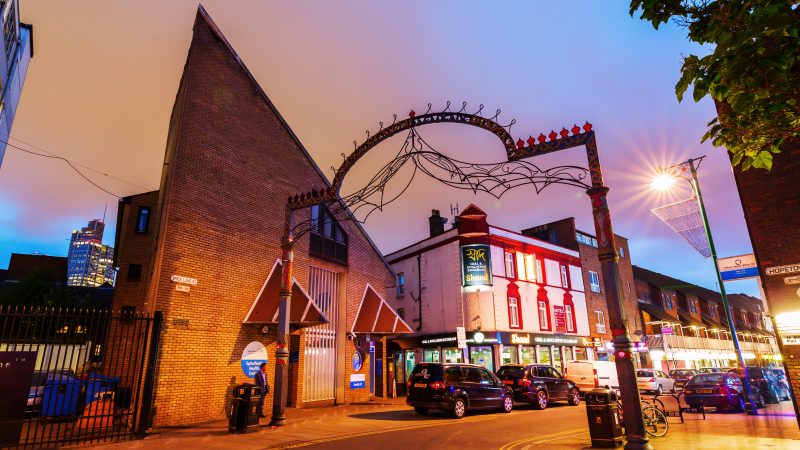
At Tower Hamlets Council, we are taking bold action to tackle racial inequality, investing £1.5m into a new fund that will deliver change for our residents and a fairer borough. Tower Hamlets has a long history of fighting racism, from the battle of Cable Street to more recently seeing off the BNP. We are an incredibly diverse borough, with 69% of our residents being Black, Asian or minority ethnic (BAME) and 43% of our residents born outside the UK. Migration has always been a key part of our history.
Following the murder of George Floyd and the Black Lives Matter movement, our council helped ensure the removal of the statue of slave trader Robert Milligan in West India Dock. Mayor John Biggs then set up the Tower Hamlets Black, Asian and minority ethnic inequalities commission, which I chaired.
The commission completed its review in March 2021, making 23 recommendations in areas spanning community leadership, health, education and employment. It heard powerful evidence from our residents, who shaped the findings. We felt that, to really implement change, we had to put our money where our mouth is, despite the funding cuts we face as a council, and so this innovative fund marks an attempt at real and meaningful change.
It’s not just about the council – it’s also about us working with our partners in both the public and private sector as they have a key part to play. Tackling these inequalities is the right thing to do, but will also ensure that funds are spent properly. For example, tackling some of the health inequalities such as rates of diabetes will save us all money by reducing the cost to the NHS.
As a council, we’ve done a great deal of work already on community cohesion through our ‘No Place for Hate’ campaign. We are taking this further by getting organisations to sign up to our anti-racist pledge, which commits them to tackling inequalities.
We’ve committed to leading by example and, while we already publish data on the ethnicity pay gap, we will be taking this further with more work to close the gap and invest in leadership programmes to help more Black, Asian and minority ethnic staff progress into senior positions.
Covid highlighted the stark health inequalities faced by Black, Asian and minority ethnic residents, an issue on which we have lobbied the government to do much more. Our investment will go some way to building on the great work we’ve done in supporting our communities through the pandemic and tackling the health inequalities in our borough.
Education plays a key part in giving everyone access to the same opportunity. We want to increase Black, Asian and minority ethnic representation among governors and headteachers and embed anti-racism into the school curriculum. When people leave education, many residents from these backgrounds don’t have access to the same social capital, and that means inequality can become embedded. This fund will help residents access opportunities by working with employers from Canary Wharf and the city fringe. Our employment programme will focus on targeted support for groups who have fallen between the cracks like those termed as ‘NEET’ (Not in Employment, Education or Employment).
It is a complex issue and we know these measures alone aren’t a silver bullet. This is a start to the mammoth work that needs to be done collectively to tackle inequality. I’m a proud member of our British Bangladeshi community, and I know from growing up in the East End that my experience will differ from my Somali friends or from the one in ten of our residents who are from the EU. We all have different experiences, so one size will not fit all, but this is about working with our community and harnessing the shared East End desire to innovate and succeed. We stand on the shoulders of giants, and it’s vital we take action now. I want my children, friends and family to live in a better world, where the colour of their skin or their background isn’t a barrier to them fulfilling their potential.
In local government, we are leading the way in tackling racism. I’m so proud to be part of a local authority that understands this, and it’s exactly the kind of social justice issue that a Labour council should be addressing. It’s about representing our community, working together and smashing glass ceilings.




More from LabourList
The cost of living crisis is still Britain’s defining political challenge
‘Nurses are finally getting the recognition they deserve’
Letters to the Editor – week ending 15th February 2026